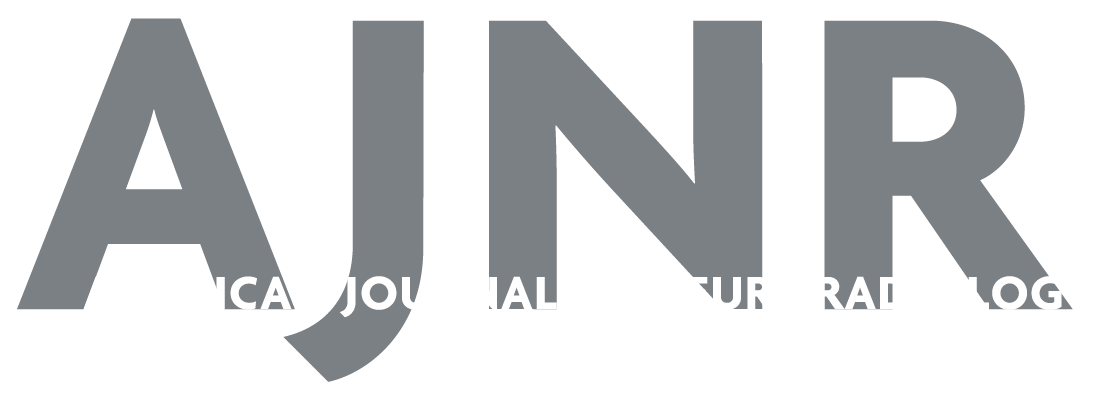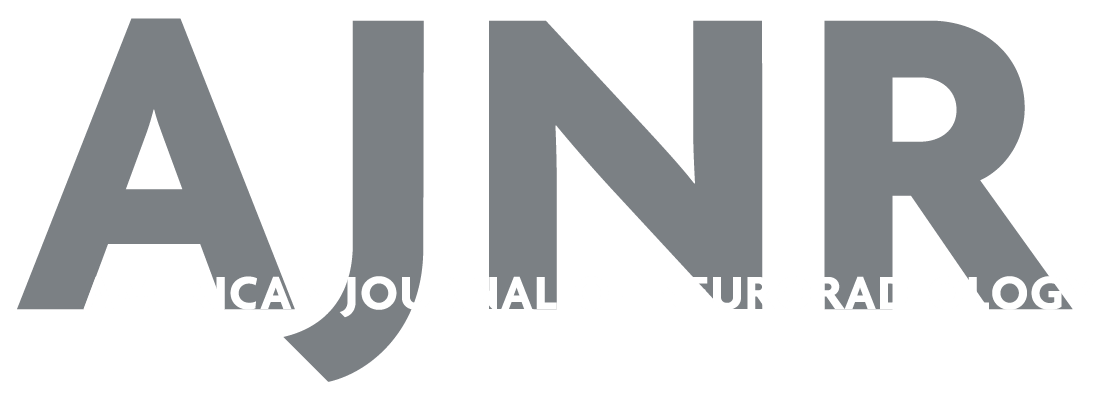- Analysis of 30 Spinal Angiograms Falsely Reported as Normal in 18 Patients with Subsequently Documented Spinal Vascular Malformations
Eighteen patients with 19 lesions underwent a total of 30 negative spinal angiograms. The lesions included 9 epidural arteriovenous fistulas, 8 dural arteriovenous fistulas, and 2 perimedullary arteriovenous fistulas. Seventeen patients underwent endovascular (11) or surgical (6) treatment, with a delay ranging between 1 week and 32 months; the Aminoff-Logue score improved in 76.5%. Causes of the inadequate results included: 1) lesion angiographically documented but not identified (55.6%); 2) region of interest not documented (29.6%); or 3) level investigated but injection technically inadequate (14.8%). All the angiograms falsely reported as normal were caused by correctible, operator-dependent factors.
- Temporary Stent-Assisted Coil Embolization as a Treatment Option for Wide-Neck Aneurysms
The authors intended to treat 33 aneurysms between January 2010 and December 2015 with temporary stent-assisted coiling, which formed the series for this study. Incidental and acutely ruptured aneurysms were included. Sufficient occlusion was achieved in 97.1% of the cases. In 94%, the stent could be fully recovered. Complications occurred in 5 patients (14.7%). They conclude that temporary stent-assisted coiling is an effective technique for the treatment of wide-neck aneurysms. Safety is comparable with that of stent-assisted coiling and coiling with balloon remodeling.
AJNR Awards, New Junior Editors, and more. Read the latest AJNR updates






